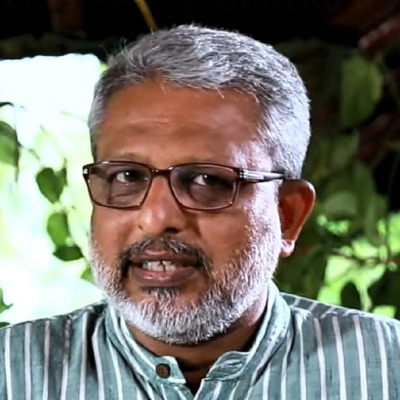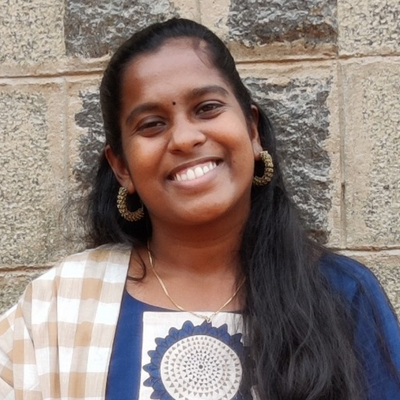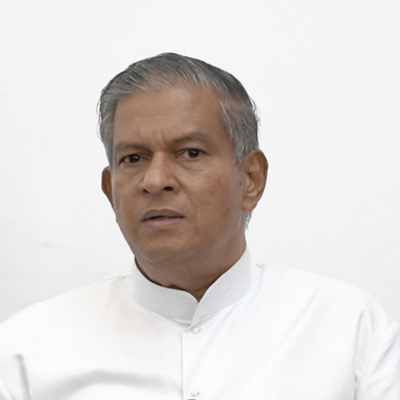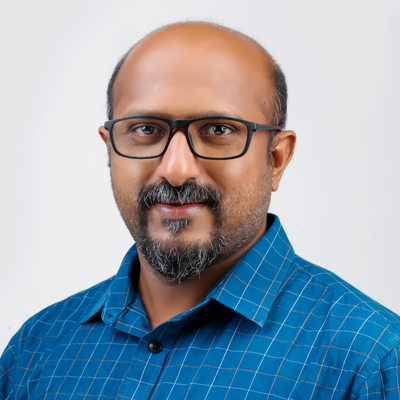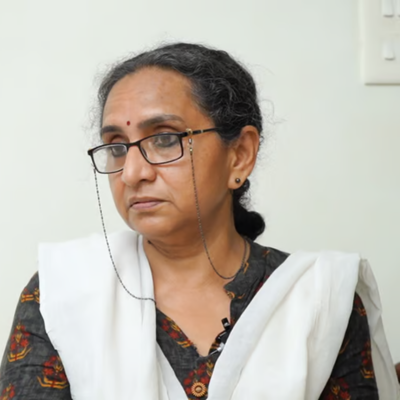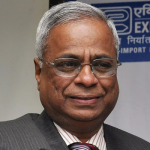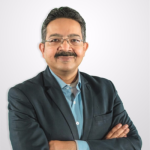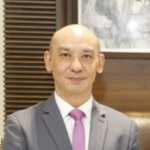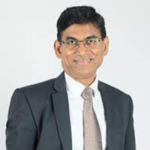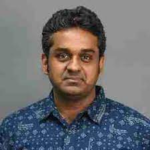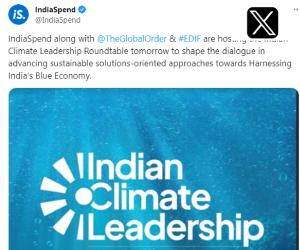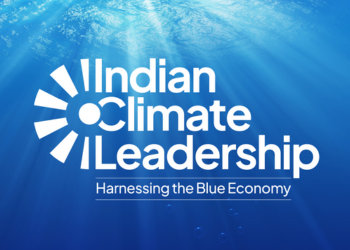Indian Climate Leadership: Trivandrum edition
In partnership with Environmental Defense India Foundation (EDIF), IndiaSpend and Global Order curated a series of four roundtables and convenings focusing on various aspects of environment and climate sustainability. This series of roundtables included experts from research, academia, think tanks, finance, policy and government, entrepreneurs and businesses, and civil society organizations among others.
The first roundtable in this series focused on Biodiversity and Blue Economy.
At this roundtable, a ‘fisher-people first approach’ was applied- this means placing the lives and livelihoods of India’s fisherfolk at the center of the discussion. A discussion on India’s blue economy, shipping, and fisheries sectors – which are pathways to improve the socio-economic conditions of all fishing communities in India while enhancing India’s GDP and leadership opportunities in global trade, and protecting the environment.
Speakers
Sridhar Radhakrishnan
Steering committee member- ASHA-Kisan Swaraj
Sindhu Nepolean
Co-Founder of Coastal Students Cultural Forum
N.Dinakaran
Member of the 7th and 8th assembles of Kerala Legislature
Joseph Vijayan
Social Activist
Father Eugene Pereira
Vicar General
Dr. Abhilash S
Associate Professor
Dr Thara K G
Head ,Disaster Management Centre, Goverrnment of Kerala at Government of Kerala
Agenda
Welcome Note
Welcome note, introduce the structure of the round table, outline the outcomes of the convening.
Introduction
Quick round of introductions
Opening address
Introduction to EDIF and the Indian Climate Leadership
Lives & Livelihoods of Fisher folks
Challenges in changing climate, Opportunities to draw from, Choices to enhance incomes and diversity livelihoods.
Financing Blue Economy
Improved access to capital; New-age Blue Finance models; Accessing coastal Nature Climate Solutions.
Climate-ready Fisheries
Elements of scientific fisheries management; Technologies for climate resilient fisheries; Areas of research needs.
Sustainable Infrastructure
Potential of Aquaculture; Access to low-carbon supply-chain infrastructure; Building sustainable ports.
Building institutions
Role of collectives and cooperatives; applying a gender lens to skilling in fisheries; Empowering communities for fisheries for the future.
Closing notes and Vote of thanks
Summary and key takeaways from the discussion




